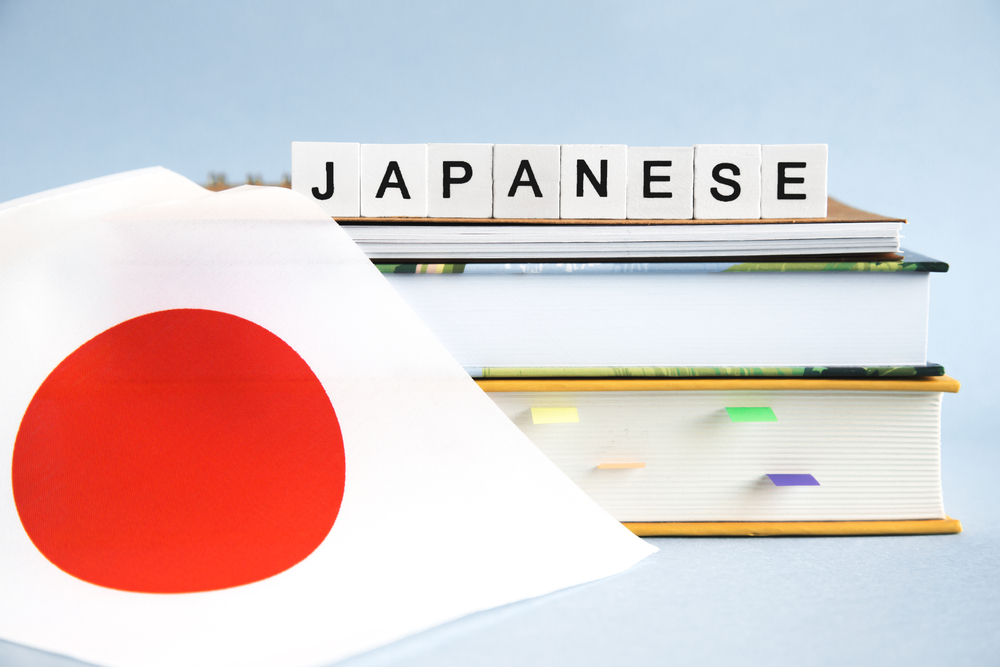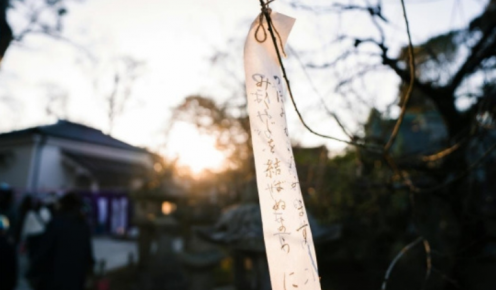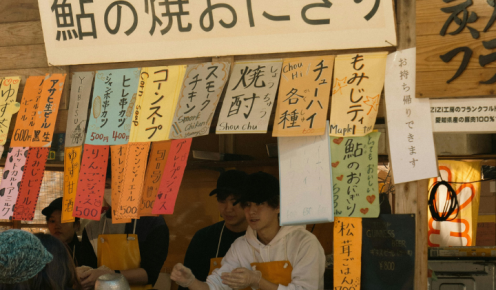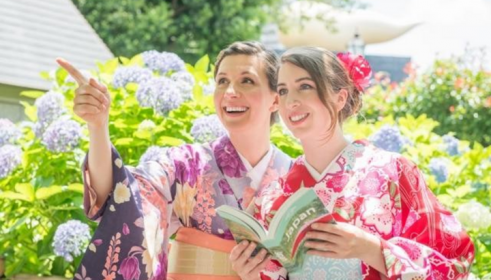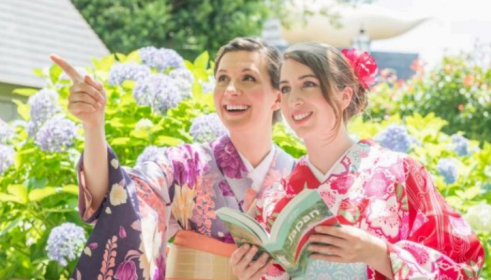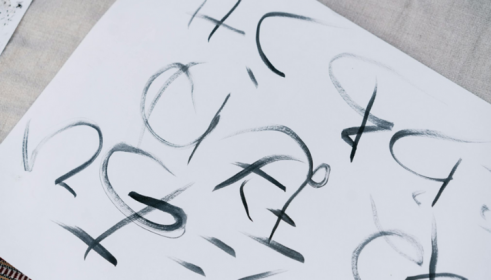By understanding the vocabulary and language of a society, we can gain a deeper understanding of that culture. In this article we will learn about some common Japanese words that will help you find many more interesting insights about Japanese society.
1. Wa (和)
Wa is a concept in Japanese that translates to “living in harmony within the society” in English. In Japan it is cultural thing to keep peace within the group by being aware and attentive towards each other and one’s own self. This concept tells people to lead a life of conscious living where one is aware of other people’s feelings. It’s also about being aware of the environment and surroundings.
This concept talks about living in such a way in which one does no harm to other knowingly or unknowingly and a harmonious society is maintained.
2. Omotenashi (おもてなし)
As you may be aware that the Japanese tea ceremonies are about creating a peaceful environment for meditation and healing experience. That is why it becomes necessary for the host to welcome the guests with utmost positivity and comfort so that a positive environment is created in the tea room.
This type of welcoming and making the guests feel good without any selfish motives is what we call “omotenashi”. It is a beautiful Japanese concept about hospitality.
This concept is very important in Japan and you may experience this as well. As you visit any Japanese restaurant or inn you will be welcomed with people smiling and greeting. They will try their best to make your stay comfortable and fill it with positivity.
This concept is all about making the other feel good, cared for and comforted without expecting or asking for anything in return.
3. Wabi-Sabi (侘寂)

Wabi- Sabi is one of most beautiful concepts in Japanese culture. Wabi- Sabi is the philosophy of finding beauty in everything that are present in front of you right now. The things that have worn out, the things that are constantly changing its form changing into something else. All of these things have immense beauty in them.
This philosophy helps one accept the reality of impermanence of things and the cycle of change. It helps one appreciate the rustic and old and the things that have accumulated a million stories with them as the time has passed. It’s about the appreciation of moon in all its phases and not just celebrating and chasing the perfect picture of full moon. It’s about leading a life of awareness and appreciation of all things and all of its stages.
4. Kintsugi (金継ぎ)

The word kintsugi is made from two words: kin and tsugi. Kin means gold and tsugi means stitching in Japanese. This words when combined makes this beautiful word “kintsugi” meaning stitching or repairing the broken objects by using gold.
Kintsugi word was originated from this process of repairing valuable broken dishes with the help of gold or silver. But now it developed into a philosophy which is about how healing from trauma can make an individual even more beautiful and fulfilled.
It tells us that even things fell apart and break down they remain as beautiful as they were before. All they need is some time to transform and heal to become something new and wonderful.
It’s not only about physical objects but also about people and relationships. It’s about letting people know that even after the events that broke them apart and after the trauma that left them feeling empty they are still as valuable now as they were before. This concept teaches us to believe in the healing powers and gather strength while going through the transformation.
5. Mono no Aware (物の哀れ)

Mono no aware meaning the “Sorrow of things” is a very deep concept. When you see a little child grow up, a sun rise and set, tree filled with cherry blossoms to it being empty again. All these moments though being immensely beautiful has a little feeling attached to them. All these moments are fleeting with time. The only thing we can do is appreciate and love it right now. We cannot capture it forever; we cannot pause is transformation.
Mono no aware is this concept that beauty is in the transformation and fleeting nature of things. There is beauty is the living and also in the death. Because death is not just an end but also a beginning of something fresh.
6. Kodawari (こだわり)
Kodawari is a very important concept meaning “the pursuit of perfection”. This concept is deeply ingrained in Japanese work culture. It is about doing your work the best you can do it. Even when no one is looking and even if there are no consequences. One must do things “right” and with as much perfection as one can. It is about doing the things with complete dedication and giving it your all.
7. Otsukaresama (お疲れ様)

Otsukaresama is a phrase in Japanese language that is used for expressing gratitude to someone who has worked hard. It can be used when meeting co workers or friend that you meet after a long day at work.
This phrase can also be used as a greeting in place of konnichiwa or ohayou.
This phrase acknowledges the hard work done by people each day and helps people show gratitude towards other people as well.
Thanks for reading!!
For learn more about Japan and Japanese language, checkout our YouTube channel Nihongomax YouTube Channel and our website Nihongomax.com .

